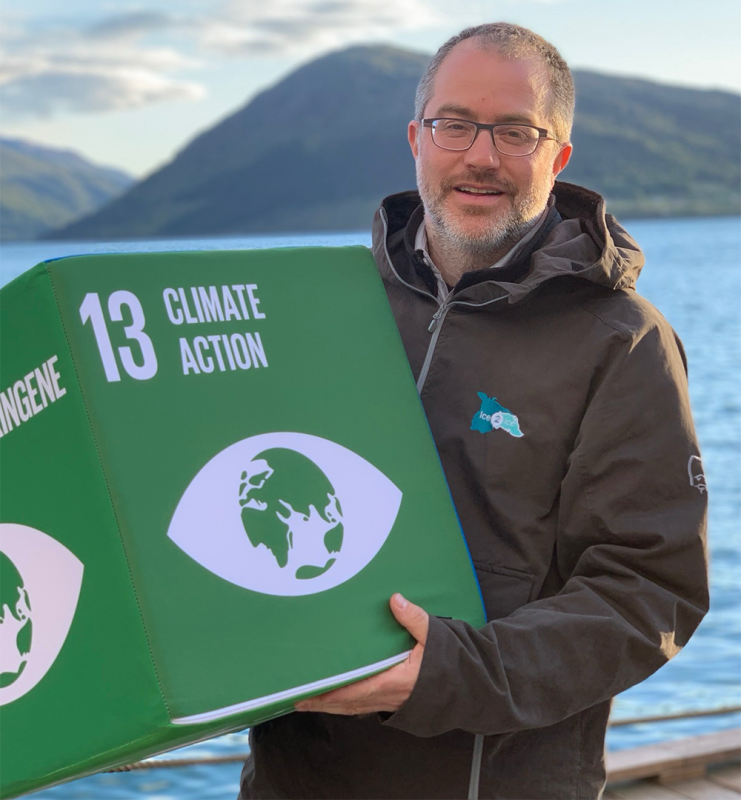
Department Seminar: Kerim Hestnes Nisancioglu
Title: Bridging local narratives and scientific understanding of climate changes in the Arctic – a case study of a glacier-fed fjord in Kalaallit Nunaat
Abstract: Communities in Kalaallit Nunaat (Greenland) are facing new challenges and opportunities due to climate change. The fjord systems and coastal areas are projected to undergo significant changes as sea ice and glaciers retreat.
However, uncertainties in future projections pose challenges for everyday practices, including fishing, tourism, and infrastructure development. The scientific community increasingly recognizes the importance of involving local knowledge in defining research agendas and methodologies, as well as in data collection and analysis. Unfortunately, opportunities to share narratives and learn from each other remain limited. In our case study we examine the local and far-field impacts of Greenland ice sheet melt, focusing on the complex processes taking place at the marine-terminating margin of Sermeq Kujalleq (Jakobshavn Glacier), one of the world’s largest and fastest-flowing marine-terminating glaciers, which frequently clogs the fjord with massive icebergs. Along with Qeqertarsuup Tunua (Disko Bay), this area hosts some of the most important hunting grounds, a vibrant fishing culture, and a growing tourism industry.
By combining observations and dynamical models with local and indigenous knowledge, we have designed a research project to address questions related to the impact of increasing Greenland melt and calving on fjord circulation, sea ice seasonality, ecosystems and fisheries. In this talk, I will highlight recent results of our study of the fjord system, as well as discuss how we can move forward in addressing the concerns of the local communities.
